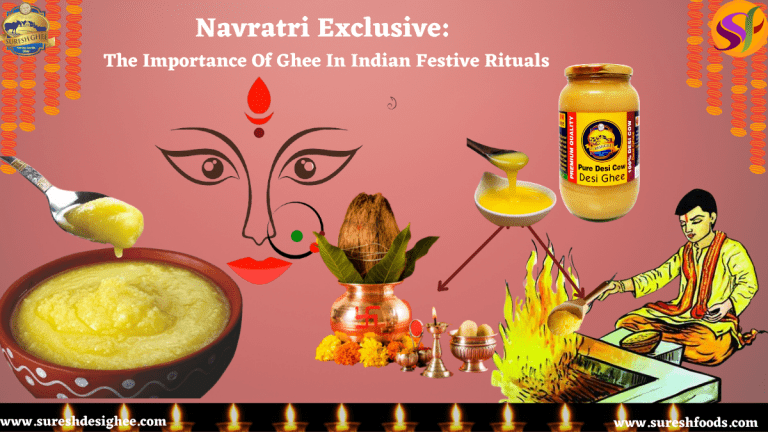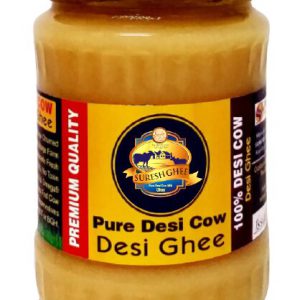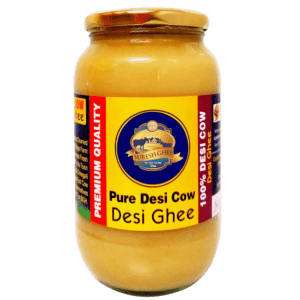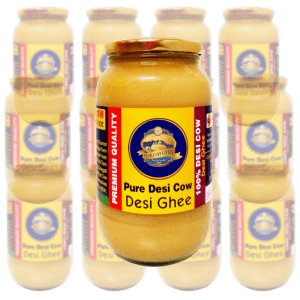Navratri festival is one of the crucial festivals in the Hindu religion; thus devotees of Goddess Durga, follow the different sets of traditions for the nine days of Navratri. Navratri is celebrated on behalf of the eventual source of power, that is the Nine avatars of Maa Durga. This auspicious and awe-inspiring festival spreads divine love through all the admirers who believe in the rituals and traditions. This feminine is the symbol of power that pervades positivity in the universe.
Celebration of Navratri with much-devoted passion across different regions of the country. People used to visit holy places like temples to pray for the pure blessing from Durga Mata. Also, express their love by singing devotional melodies during these holy nine nights.
Hindu festival of Navratri respects the power of the 9 divines of Goddess Durga
- The idols of the Maa Durga are established in their respective houses. All the family members come and follow the pooja vidhi traditionally.
- Goddess Durga is devoted for the first three days of Navratri when her energy and power are admired. Each day is involved in a variant form of Durga, known as Kumari, Parvati, and Kali.
- Goddess Laxmi and the Goddess Saraswati are worshipped on the fourth and sixth day, while the fifth-day celebration is called Lalitha Panchami.
- The seventh day is the embodiment of Goddess Saraswati, while the Saraswati Devi is a symbol of art and wisdom, worshipped on the eighth day.
- Devi Siddhidatri is devoted on the ninth day and celebration of the Dussehra festival on the next day.
- On the ninth day Kanya Puja takes place. These 9 girls are meant to symbolize in place of the nine goddesses. These girls are offered delicious foods and new garments to wear.
- In some northern parts of India, Navratri is celebrated by dancing like Dandiya and Garba.
- The nine days are dedicated to various personifications of Goddess Durga. People like to follow the tradition of wearing the respective 9 colors, indicating the importance of the day.
Read More: What is desi ghee used for?
Why is Yagna performed during Navratri puja?
It might feel like a useless activity of smoking desi ghee with herbs, cloves, etc. to ashes. As it is a cultivated ritual practiced since the Vedic period to purify the surroundings. We observe a lot of changes during the seasons, our bodies are more prone to inflammation or infections; therefore, yagna performed by adding pure real desi cow ghee is helpful to clean our atmosphere.
From ancient times to this modern time devotees have faith in its importance, always prefer the desi ghee for the lighting of the lamps to spread a positive aura. All these traditions come by keeping logical thinking behind this.
Desi cow ghee is a very incredible element of festivities that involves ‘Yagya’ and ‘puja’ that has been meant as a result of various problems in Vedas. Its fragrance cleanses the physical environment along with spirituality. Ghee offers delicious, nutty, buttery flavors and is added as a topping on hot foods or sweet foods that would be made during the festivities season.
Let’s see, how Desi Cow Ghee has its unique importance in Indian festivals:
Ghee in ‘Havan’
‘Havan’ is a holy fire ritual that has been procured from the Sanskrit source ‘hu’; which means to consume. In Hinduism, fire (Agni) implies purity and promotes the path for new thinking. This ritual is helpful to balance the material and spiritual world. The ‘Haven’ takes place in a square-shaped ‘Kunda’ considering pure ghee as one of its vital elements as it works as antidotes for poison. The fumes produced by havan involve ghee content as well which signifies the purity of the atmosphere and spreads positive vibes.
Ghee has a higher place in making festive foods
Ghee is a golden syrup that is used in the final offering of food that is honored to the gods and goddesses after Pooja. Ghee has given supreme place since Vedic time, so without desi, ghee food cannot be cooked at all in festivals. Pondering of organic ghee is an auspicious and healthy alternative for both ‘satvik’ and healthy flavor to the food.
Ghee in lightning Diyas (lamp)
As the lightning diyas during festivals also have a deep reason. It is a belief that by lighting lamps we will diminish the negativity inside us and take steps towards positivity. Ghee lamps instead of oil lamps promote the satvik vibes around it or the surrounding atmosphere. It is meant that when the ghee lamp halts after burning, the impact of ‘satvik’ feels present even after four hours.
Read More: Ghee- why is it an important part of your diet
Ghee in puja custom
Every ingredient in puja has its own importance. We have discussed the significance of choosing ghee for puja customs. Agni Puran distinctly recommends that only desi cow ghee is an optimal choice for igniting the lamp in puja and no other combustible element. The lamp with desi cow ghee is more sattvik instead of the oil lamp, according to the Science of spirituality.
When the ghee lamp stops igniting, the effect of purity (the property of being sattvik) in the surrounding, purity remains still a couple of hours. Desi ghee is an instance of spiritual spirit related to Tej tattva. When we experience touch without any external force then it is a spiritual power related to Vayu tattva. The ghee in pooja offers the spiritual impact for both Tej tattva and Vayu tattva to the devotees.
FAQ
Ghee has religious importance and is used in several religious ceremonies and rituals in india. Considered as a holy substance, it is implemented as an offering to the god. In Hindu temples ghee is used to ignite lamps as a symbolic form of worship, along with having the belief that the light coming from the ghee lamp tends to symbolize knowledge and wisdom. However, ghee is an essential component in several Hindu rituals, like yajnas and havans, where it is presented as an offering to the gods.
Ghee owns a significant space in Ayurvedic medicine, an ancient Indian system that further prioritizes natural remedies and a holistic approach towards healing. In Ayurveda, ghee is well-recognized for its therapeutic attributes and used in several treatments, including Panchakarma, where it is used for massage and a detoxifying agent. Furthermore, ghee is thought to contribute to an enhanced memory, improved brain function, and the embracing of healthy skin and hair according to Ayurvedic beliefs.
Ghee possesses a main role in Indian culture, used into several customs and traditions. Considered as a symbol of purity and nourishment, it is swiftly exchanged as a traditional gift during festivals and special occasions. In some regions of India, ghee transcends its culinary utilization and serves as a form of currency, gaining a status as a valuable commodity for trading and bartering.
Conclusion
The nine days of Navratri are dedicated to melt down all the tiredness and keep you enthusiastic. By following a sattvic diet for fasting and meditation is equally important, there is the prospect of detoxing a body-mind in just a period of nine days. Also in this article, we have seen the importance of ghee in Indian festive rituals.
The significance of desi cow ghee is not only preferred by Ayurveda but it is also considered a superfood in modern days. We at Suresh Foods produce the purest quality of desi cow ghee known as pure grass-fed cow ghee. Shop this product online on our website: https://sureshdesighee.com/ and enjoy purity and prosperity in all your festival celebrations.







 WhatsApp us
WhatsApp us
Naveen m...